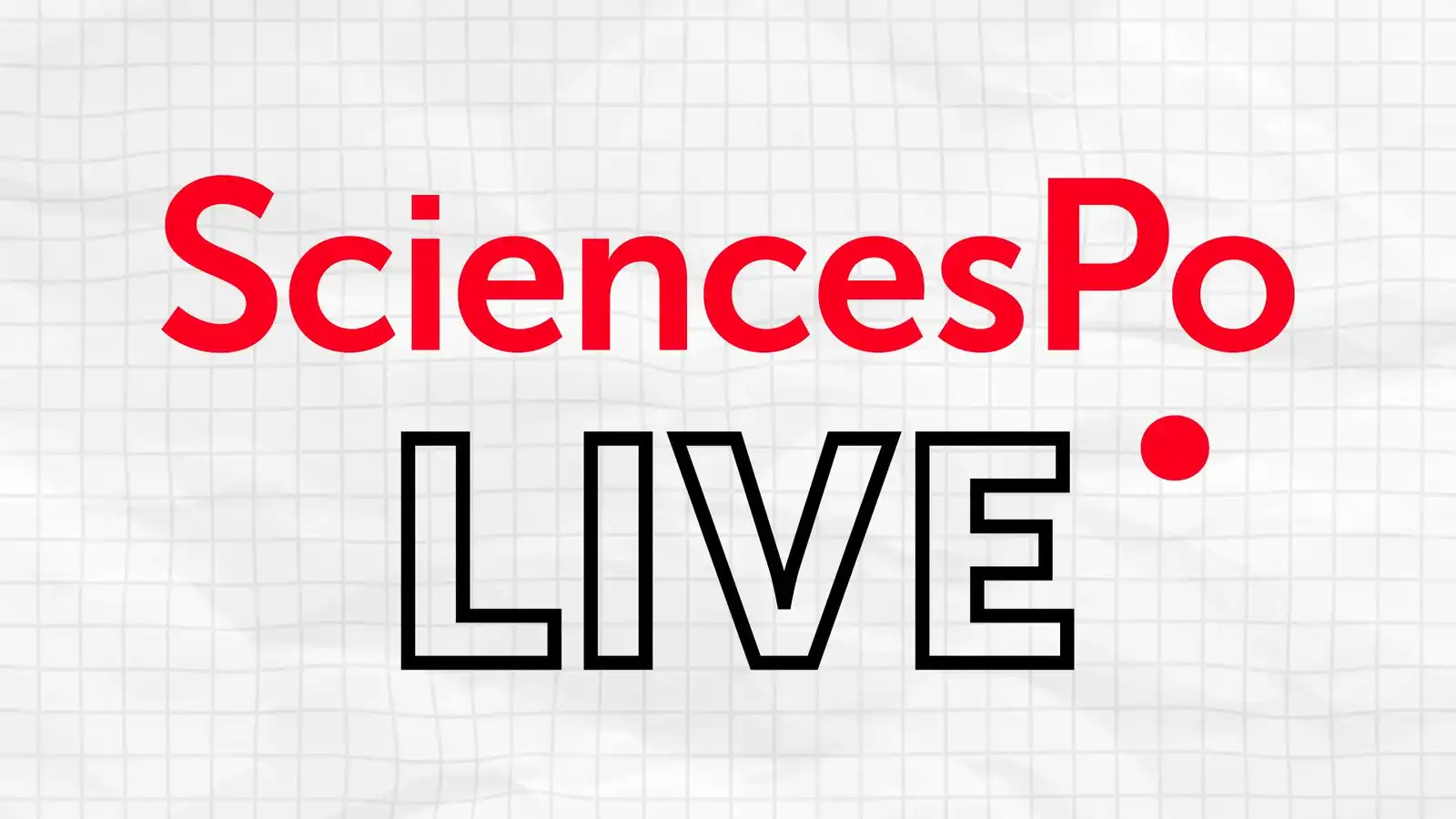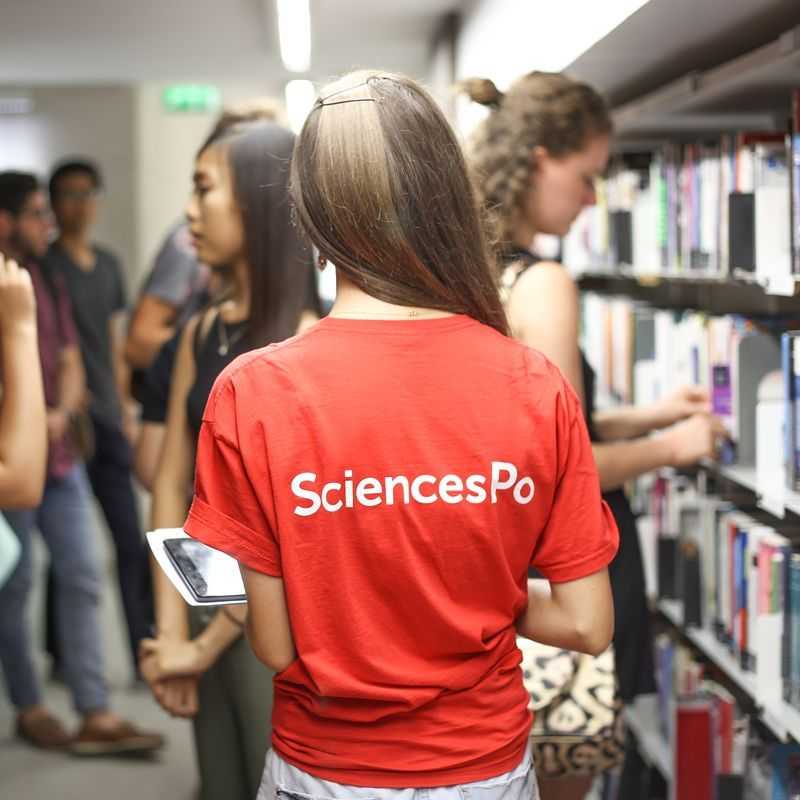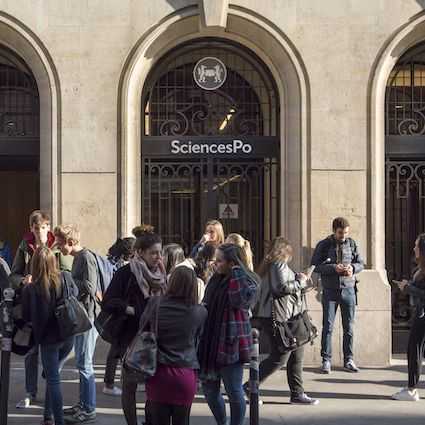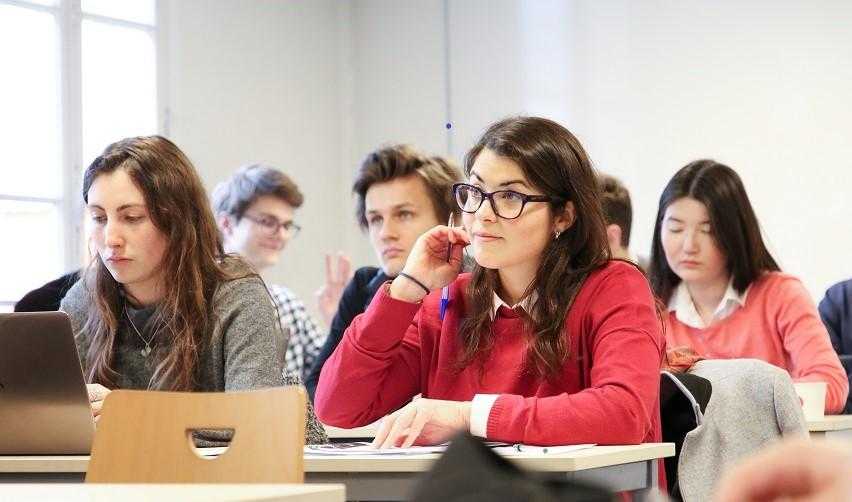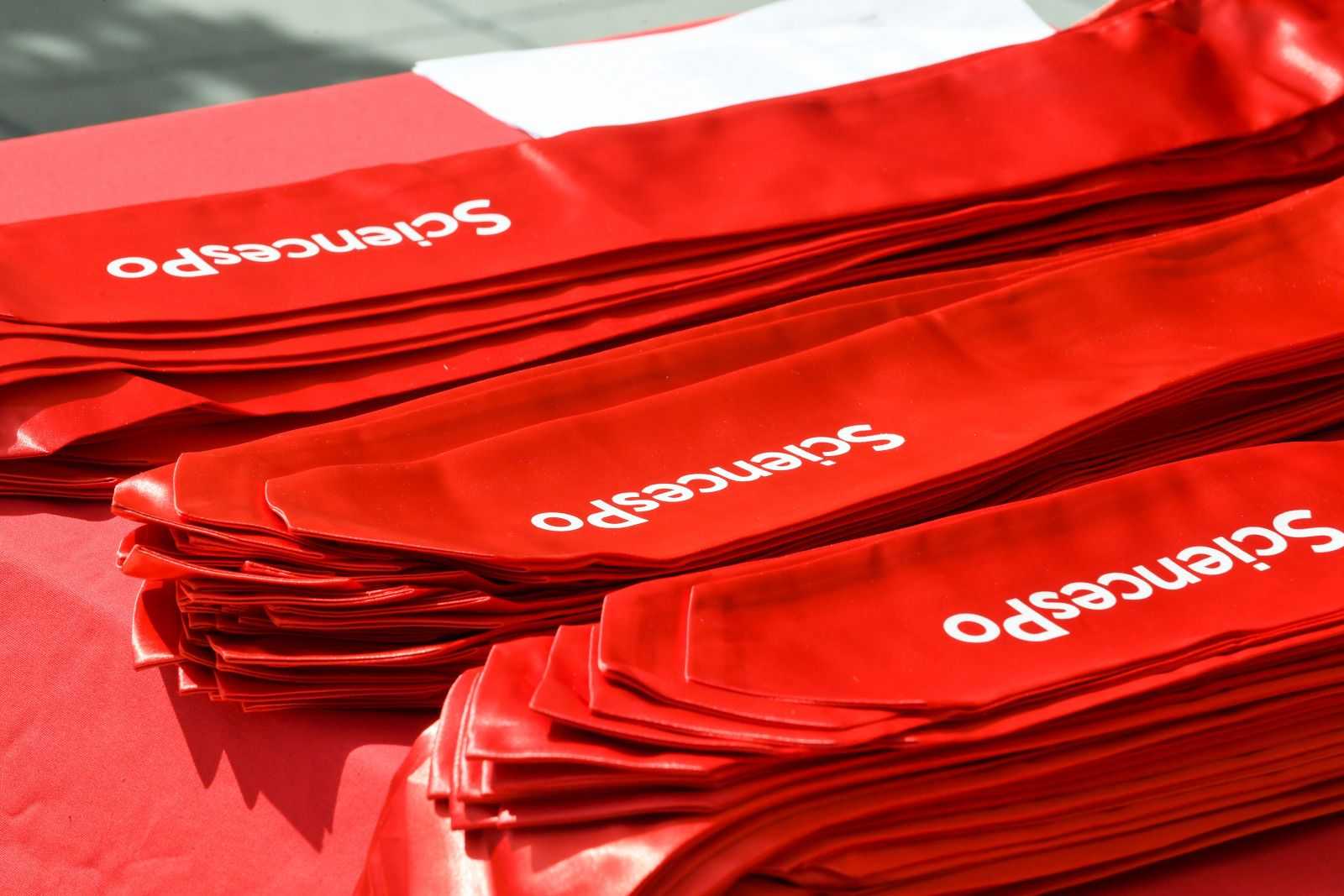
Home>Academics>Master Programs>Journalism and International Affairs
Joint Master in Journalism and International Affairs
Two-year Master's
Programme in English
120 ECTS minimum
Information Sessions: Masters

Discover all the Master's programs and admissions procedures during our many webinars and YouTube Live dedicated to future applicants.
Program objectives
Sciences Po Journalism School and Paris School of International Affairs (PSIA) have created a Joint Master, focused on Journalism and International Affairs. Opened in September 2011, this Joint Master is the only one of its kind in Europe. It is a four-semester graduate programme leading to a Sciences Po Master’s degree in Journalism and International Affairs.
The Joint Master in Journalism and International Affairs reinforces the complementary approaches of international education and practical apprenticeship of journalism. The four-semester Joint Master program is one of a kind among European schools. Esteemed international scholars, leaders in international Affairs, and renowned professionals from the media combine a wide and varied curriculum. Designed for students who are interested both in Journalism and International Affairs, the Joint Master program requires the completion of courses in the PSIA curriculum and in the Journalism curriculum.
The Sciences Po Journalism School combines practical journalism training with advanced academic instruction in the social sciences and international affairs. In the face of recent technological changes and globalization, the Journalism School has three goals. First, to educate future journalists to analyze and understand the complex world they will report on, in a field where precision, analytical rigor, and intellectual integrity are indispensable. Second, to cover crucial information and events that have decisive roles in society. And third, to prepare students for the digital age, thinking about changes in technology and their impacts on the evolution of journalism.
Main orientations and specific features
Paris School of International Affairs
The Joint Master students will specialise in one of PSIA's following Master programs :
- International Security
- International Governance and Diplomacy
- International Economic Policy
- International Development
- Human Rights and Humanitarian Action
- Environmental Policy
- International Energy Transitions
Joint Master students will also select one concentration and then take and validate three courses from those offered within their selected concentration. Students enrolled in the Master in International Governance and Diplomacy are automatically enrolled in the Diplomacy concentration as part of the program.
Below is the degree structure with the PSIA elements for the joint degree program:

Download the program structure (PDF, 64 ko)
Please see the degree requirements for PSIA students starting Dual Degree and Joint Master degree programs in September 2021.
Sciences Po Journalism School
The Sciences Po Journalism School provides the practical training in journalism and career guidance in the field.
More information on the Journalism School and on the joint Master in Journalism and International Affairs
Courses
Career Openings
Digital journalism, print press, TV, and radio, as well as public relations and press offices of NGOs, governments, and international organizations.
how to apply?
The Joint Master in Journalism and International Affairs welcomes applications from all prospective students, irrespective of their background. Applicants should have a strong interest in the news and the media landscape.
For all instructions on the application process according to the different procedures (international, domestic or as a Sciences Po undergrad), please consult the Admissions office website.
Contact
- For specific questions on the joint master admissions procedure not answered by these web resources, please visite the Admissions website
- For questions on the academic program at PSIA, please contact: catarina.laranjeira@sciencespo.fr
- For questions on the academic program at the Sciences Po Journalism School, please contact: marie.naudascher@sciencespo.fr and ecole.journalisme@sciencespo.fr
